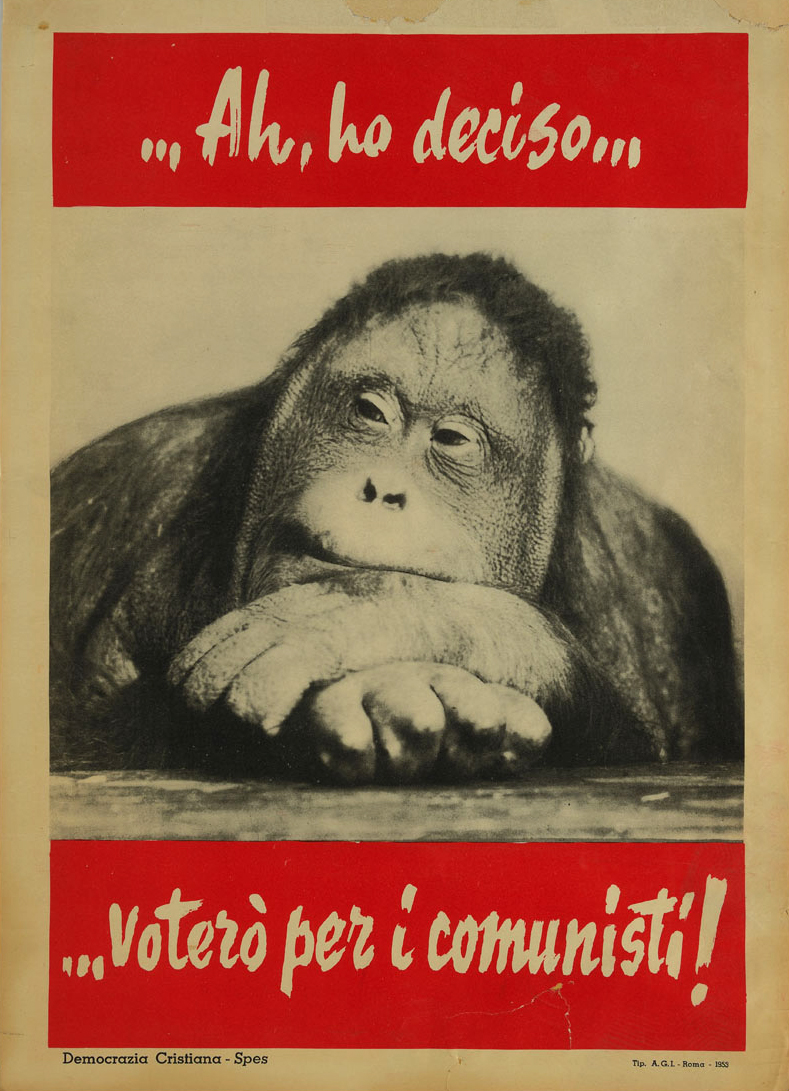
Saying ‘people can think whatever they want on this subject’ is dodging the real substantive issue though, namely the question of how much religious ideology limits the progressive potential of any political struggle, and frankly history is as unambiguous about this question, as a general rule, as it could be about any other. We know that the religious ideology is a serious impediment to communist politics. The counterexamples normally presented are very weak, such as Liberation Theology, as none of these have had the explanatory power or political or organizational success of Marxist movements proper. Imo his has to do with the fact that how ideology functions, and what it justifies, and how it shapes how you think, reason, and justify certain positions, policies and practices, is simply not equivalent between Marxism, which is the Proletarian and therefore political stage of scientific enlightenment and of scientific revolution, and Islam, which is a fairly reactionary (at this stage in history) religious ideology which emerged in a very different context which shaped how its political dimensions could develop.
Materialism is certainly not just a tool. Even as a tool, it’s successful use is intimately linked to truth. If it is, then I’d have to suppose that every ideology is just a tool which is obviously an absurdly reductionistic instrumentalist view. It is a system of concepts, ideas, beliefs, propositions, theories and methods used to describe, understand, explain, predict and control the properties and events of the natural and social world. Marxism, as the Proletarian stage of Science, applied to society, is intellectually and therefore practically revolutionary precisely because it gives a form of understanding which was not previously available to human societies about themselves, and finally allows us to truly move towards social freedom, namely where societies, as socialist and eventually communist, are no longer condemned to society seeming like some impersonal force before which we’re passive, weak and helpless, but is something of which we are not only a part but also something which we can collectively, consciously, control and shape. That is precisely the reason why socialism is more advanced as a form of society than capitalism, other things being equal.
Materialism’s most basic theoretical foundation is that there is independently existing, objective reality, which conforms most fundamentally in its properties to what we understand as or call the ‘physical’, and out of which emerges a type of entity capable of subjective, conscious thought, which is in turn not only ontologically dependent on the matter (or whatever you what to call it, as the conception of the physical in modern science goes far beyond the pretty crude idea of matter of intellectually bankrupt 19th century of modern ‘vulgar materialism’). I’m not sure how much time you’ve actually spent with seriously militant Marxists if you think that Materialism is not a key part of their beliefs and identity. Dialectical and historical materialism are then further theoretical developments of this idea. Materialism is ancient, whereas the latter are modern developments that were not possible before modern science and the industrial revolution. If you wanted to reduce Historical Materialism to tool, then I guess the best candidate for its purpose would be ‘ruthless critique of all that exists’.
We can say we need to be understanding as much as we like, and it’s not false, but it remains a limited, abstract point if it doesn’t then ask the question of what our understanding of religion as Marxists implies about the political status and potential of religion. This doesn’t imply you are wrong when you say that there have to be political alliances with religious non-Marxists, but it does imply that as Marxists we never let out of sight the knowledge that those movements are held back in their possible development by those religious dimensions, though of course the latter are also partially but still significantly expressions of how the material conditions and historical context have seriously undermined the potential for socialist politics. Religious movements can serve historically progressive purposes, but they are fundamentally limited, and there is immense danger of hyper-reactionary theocratic backlash which is as effective at crushing communist movements as fascists are (not a coincidence, given there are A LOT of similarities between Islamism and Fascism).
Im not sure what you mean by ‘impose atheism’. We are not in a position to materially impose atheism on anyone. Whether that should be done once we have a state is another question (edit: to clarify, we shouldn’t, though politics must be resolutely secular), and people on here seem to often approve of it in the case of, say, China or the USSR, but immediately get sheepish when its discussed in relation to Islam, whereas it seems to me like the recent political history of Islam should make us less so. If you mean ‘imposing’ in the sense of stating clearly that those are our views, when then you are basically saying that Marxists have to sacrifice a view that is pretty key to our conception of the world and make a concession to false (if you think anyone flew on a winged horse one night to see God then you believe an absurdity) and often reactionary views in order to not alienate certain potential allies. Which is a very problematic position to hold in all honesty and i’m not sure how anyone who is actually a Marxist can think that.

Yeh their post is so confused and unclear its difficult to even beging to parse and deconstruct it.